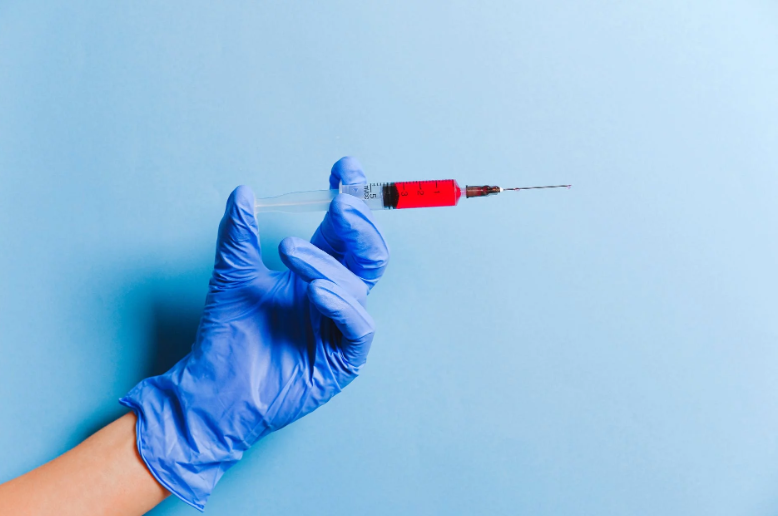A new study has shown that scientists have now identified the Achilles Heel of the coronavirus that can be targeted with various therapies and drugs. Results of this new study show that distinct parts of the virus could lead to a potential vaccine as well.

The 'Achilles Heel' of Coronavirus
Scientists have closely inspected and studied an antibody from a certain SARS patient and tried to track down how it leeched to a particular area of the SARS virus. They then observed and surveyed how SARS can latch on to the same exact part on the sample at a "near-atomic-scale resolution."
Though the antibody that clamped itself on the coronavirus sample was weak compared to the SARS sample they studied, it did help determine its vulnerability.
According to Daily Mail, Dr Ian Wilson, the lead author of the study stated that "the knowledge of conserved sites like this can aid in structure-based design of vaccines and therapeutics against SARS-CoV-2, and these would also protect against other coronaviruses-including those that may emerge in the future."
Wilson also told the San Diego Tribune that he describes the findings on the area of the virus as a possible Achilles' heel, which was published in the journal Science. According to Scripps scientists, this has suggested that the virus is very likely vulnerable to specific medication and from that they can find out how can it circulate and develop.
These vulnerabilities, however, are hard to spot. Co-author, Meng Yuah has claimed that "we found that this region is usually hidden inside the virus, and only exposed when that part of the virus changes its structure, as it would in natural infection."
They need survivors who are willing to donate blood
The advancement in this research rose from a growing effort by scientists all over the world to try to find human antibodies that can destroy the coronavirus. Scripps Research has said that the high degree of affinity has implied that this particular spot has a very important function that could be lost if it significantly mutates.
The team currently needs to study the matter further, although it will certainly not be easy. Meng Yuan has stated that they found out that this particular area is usually hidden inside of the virus and can only be exposed and defined when that area changes its structure -- similar to how it would in a natural infection.
These scientists will be searching for antibodies that can actually do a better job of clamping itself onto the vulnerable part of the virus. They also seek the public's help as they look for COVID-19 survivors who can volunteer to donate some of their blood which can then be screened for a possible vaccine or antibodies.
The institute is interested in speaking to survivors who have shown no symptoms for at least two to three weeks. Those who wish to participate can contact Scripps Research.
ⓒ 2025 TECHTIMES.com All rights reserved. Do not reproduce without permission.




